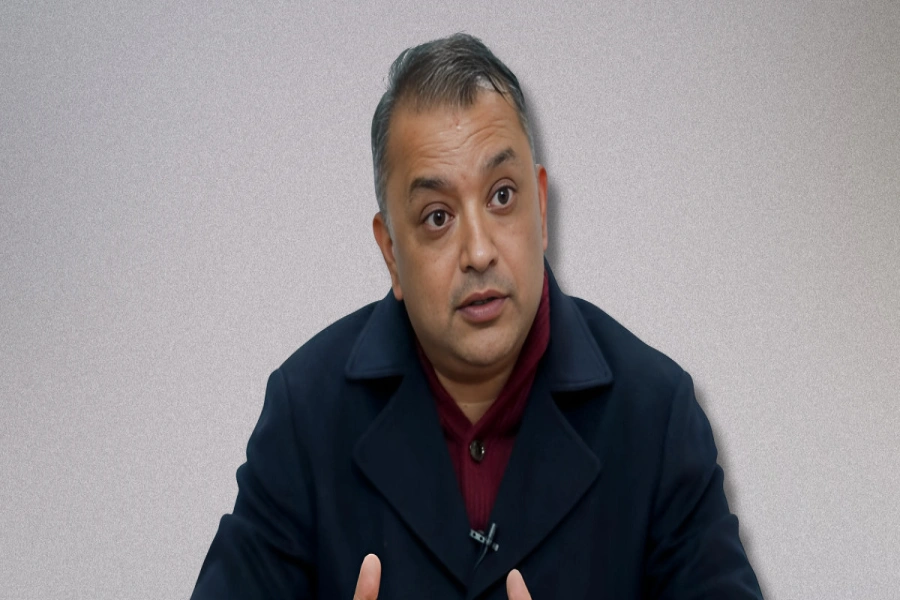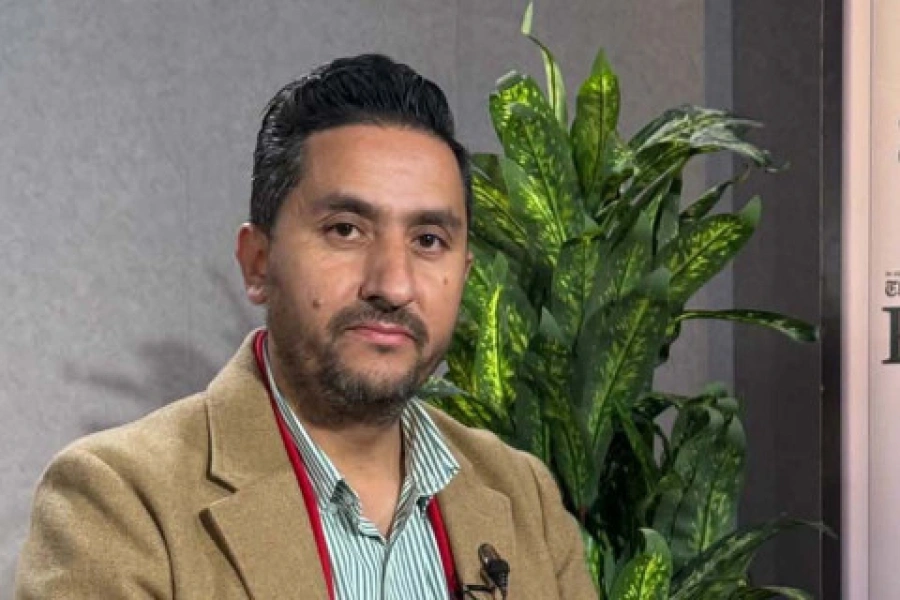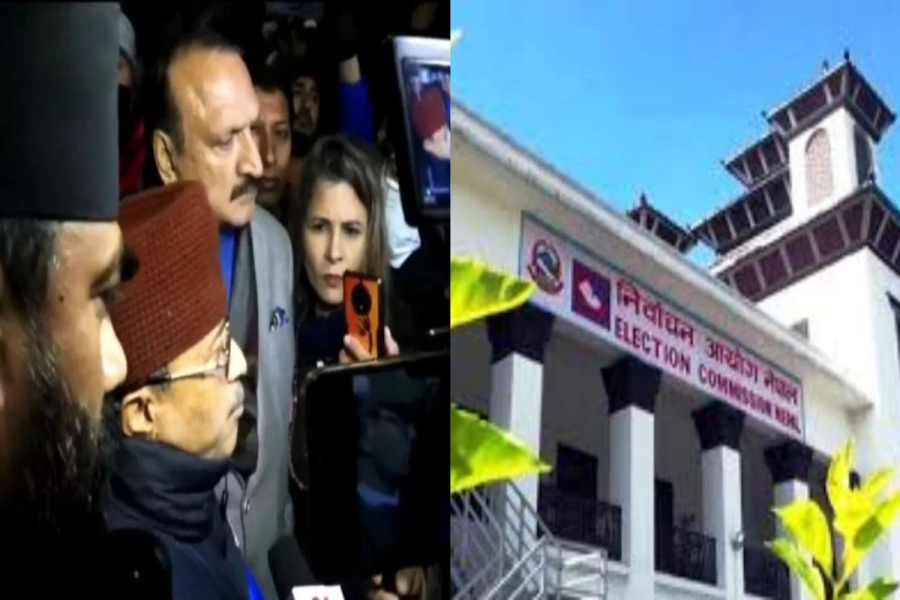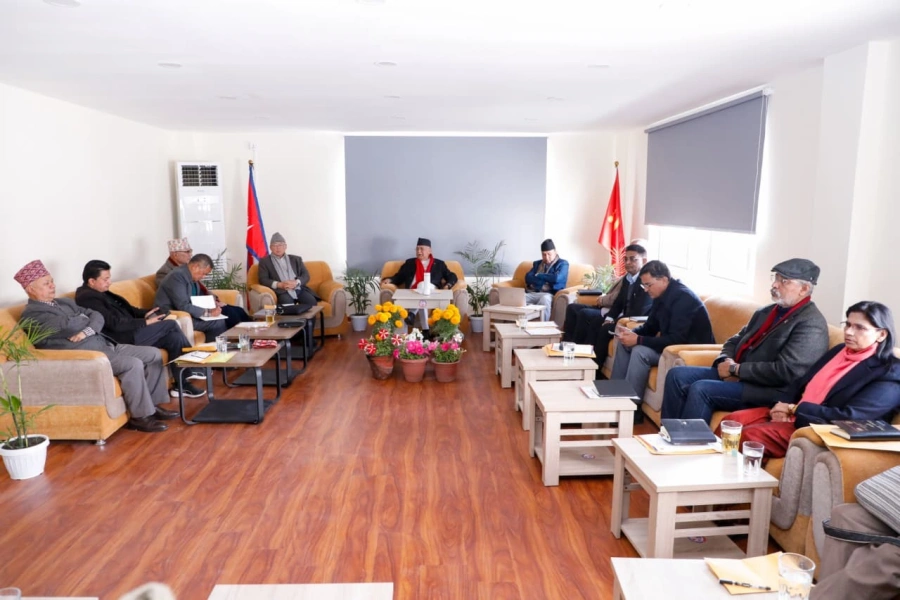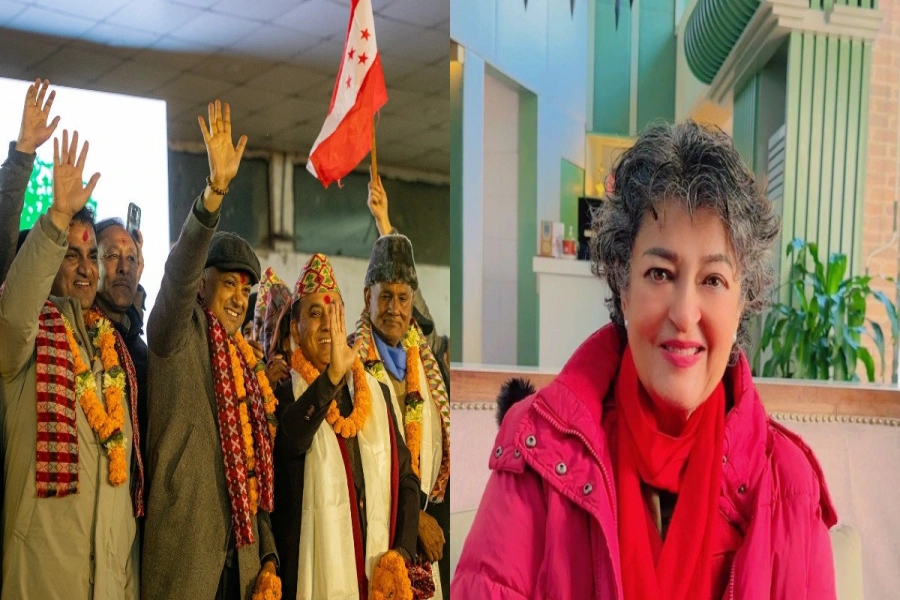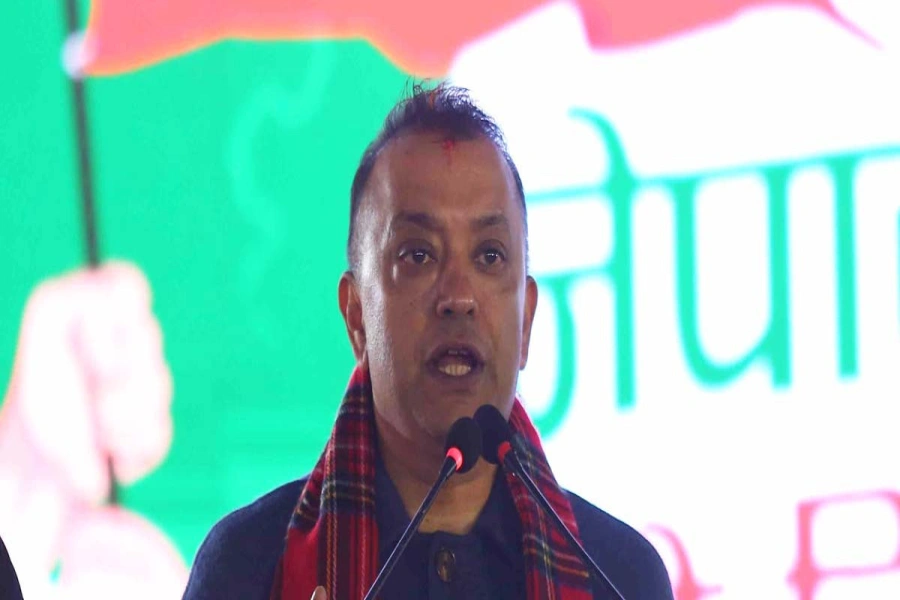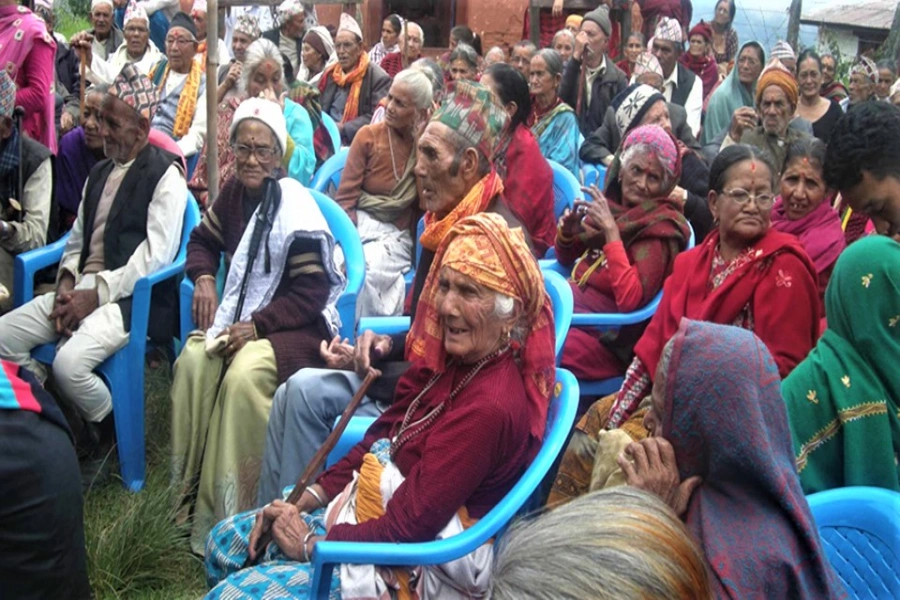Dalits are strong Hindu believers but they have been segregated and are not allowed to enter Hindu temples while other castes are
One might argue, quite legitimately, that Manusmriti was written years ago, many things have changed since then and therefore it is pointless to discuss Hindu caste system. I don’t agree with this view because Nepali laws until 1951 and even recently were guided by old Hindu values, norms, customs, royal edicts and rituals. They were the main source of law in the country until 1990. We have the new constitution now but the ghost of Manu still hovers around and Dalits are converting to Christianity to escape that ghost.
According to 1981 census, 89.5 percent of total populations were Hindus. In 1991, the number came down to 86.5 percent, which got further reduced to 80.62 percent in 2001. According to 2011 census report, 81.3 percent (21,551,492) populations are Hindus followed by Buddhists (nine percent), Muslims (4.4 percent) and Christians (1.4 percent).
So what led to the rise of Christians? One reason could be that since establishment of democracy, people could reveal their religious identity freely. Second reason could be more people frustrated with Hindu caste system converted to Christianity.
When I reviewed conversion literature, I found that religious conversion was illegal during the time of Prithivi Narayan Shah in 1769. After conquering Kathmandu Valley, he expelled all Christians from there and there were virtually no Christians in Nepal until 1951. After the success of democratic movement in 1951, foreign missionaries were permitted to enter Nepal but conversion was still legally prohibited. It was only after the introduction of multi-party democracy system in 1990 that restriction on religious conversion was loosened and Nepali Churches began to grow.
Dalit lives matter

The 2011 census report says, fifth most practiced religion in Nepal is Christianity, with 375,699 adherents. But it is also claimed that non-Hindus are systematically underreported in Nepal’s censuses, and informed observers have estimated that there are at least one million Nepali Christians. According to a report by Gordon Conwell Theological Seminary, Churches are growing fastest in the world.
In Nepal, Dalits are accused of converting to Christianity for money. But the converts disprove this claim. According to Krishna Kumari Bishwokarma (Ramdam) from a Dalit Christian community she converted “to get rid of discrimination based on Hindu caste system.” “I was a strong Hindu believer and practiced all religious customs and rituals but I had been discriminated by so-called upper caste women and humiliated in the Hindu temples. Then I decided to give up Hindu religion,” she said.
“In Christianity, there is no caste-based discrimination. We all sit together in a Church, eat together and worship together. That we convert for money is a lie. We contribute 10 percent of our income to the Church instead of the Church giving us the money,” she went on.
In India, Dr Bhim Rao Ambedkar himself declared that he was born a Hindu, but would not die as one. Ambedkar quit Hinduism in 1935. Explaining the reason behind this he told his followers: “So long as we remain in a religion, which teaches a man to treat another man like a leper, the sense of discrimination on account of caste, cannot go. For annihilating untouchability, change of religion is the only antidote.”
Dr Ambedkar and his followers had not converted to Buddhism for money but to escape discrimination from Hindu religion. On October 14, 1957 he embraced Buddhism, along with Sharda Kabir, his Brahmin wife, and over 400,000 other supporters, making it the largest religious conversion in Indian history.
According to CB Gahatraj, chairman of Federation of National Christians, Nepal (FNCN), 60 percent of Nepali Christians are Dalits. Actually Dalits are strong Hindu believers but they have been segregated and are not allowed to enter Hindu temples while other castes are. Even today, Dalits are fighting for their rights to enter Hindu temples and worship. This has generated in them a sense of resentment against Hindu religion.
In the course of study, I found that some educated Brahmans are leading the campaign to allow Dalits to perform Hindu rituals without obstructions. They are advocating that Dalits should be allowed to enter the temples and worship.
These Brahmans offer tika to Dalits and receive tika from Dalits. This is the change we must nurture for this will allow Hindu Dalits to continue with their age-old traditional, religious and cultural belief systems.
Forceful conversions must be discouraged but if some want to read Bible, Koran, Dhammapad or Gita and follow the path shown by these scriptures, they should not be stopped. Most of all, discrimination-based on caste, creed, color, sex and nationality should be abolished.
The author is a sociologist and women self-defense trainer
girithezorba@gmail.com




